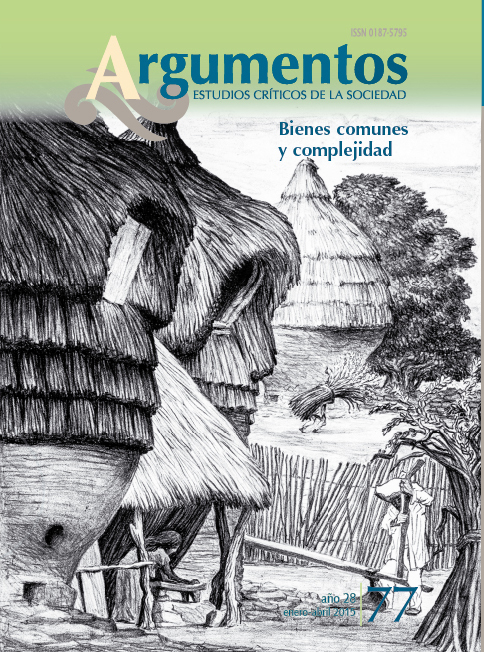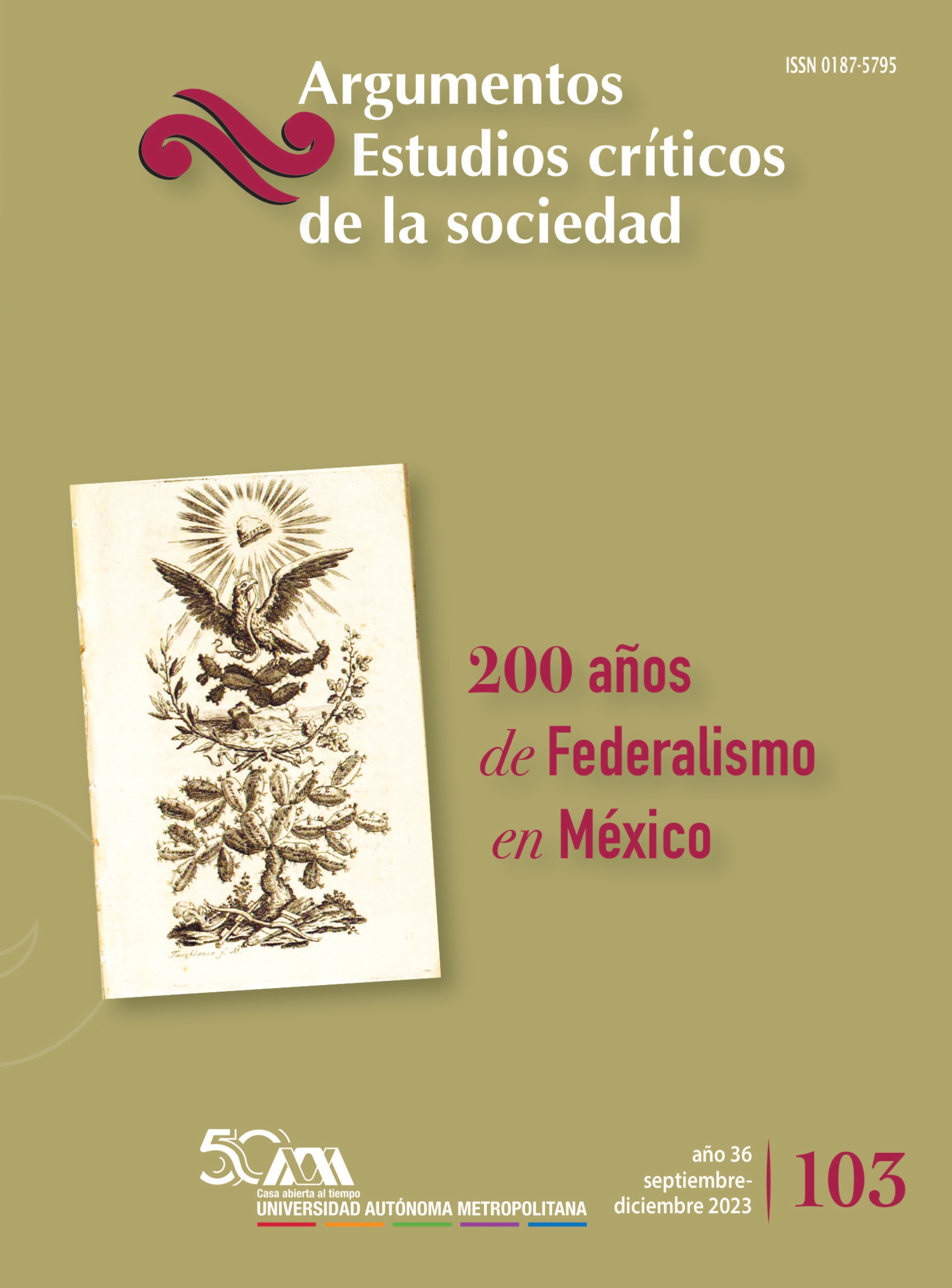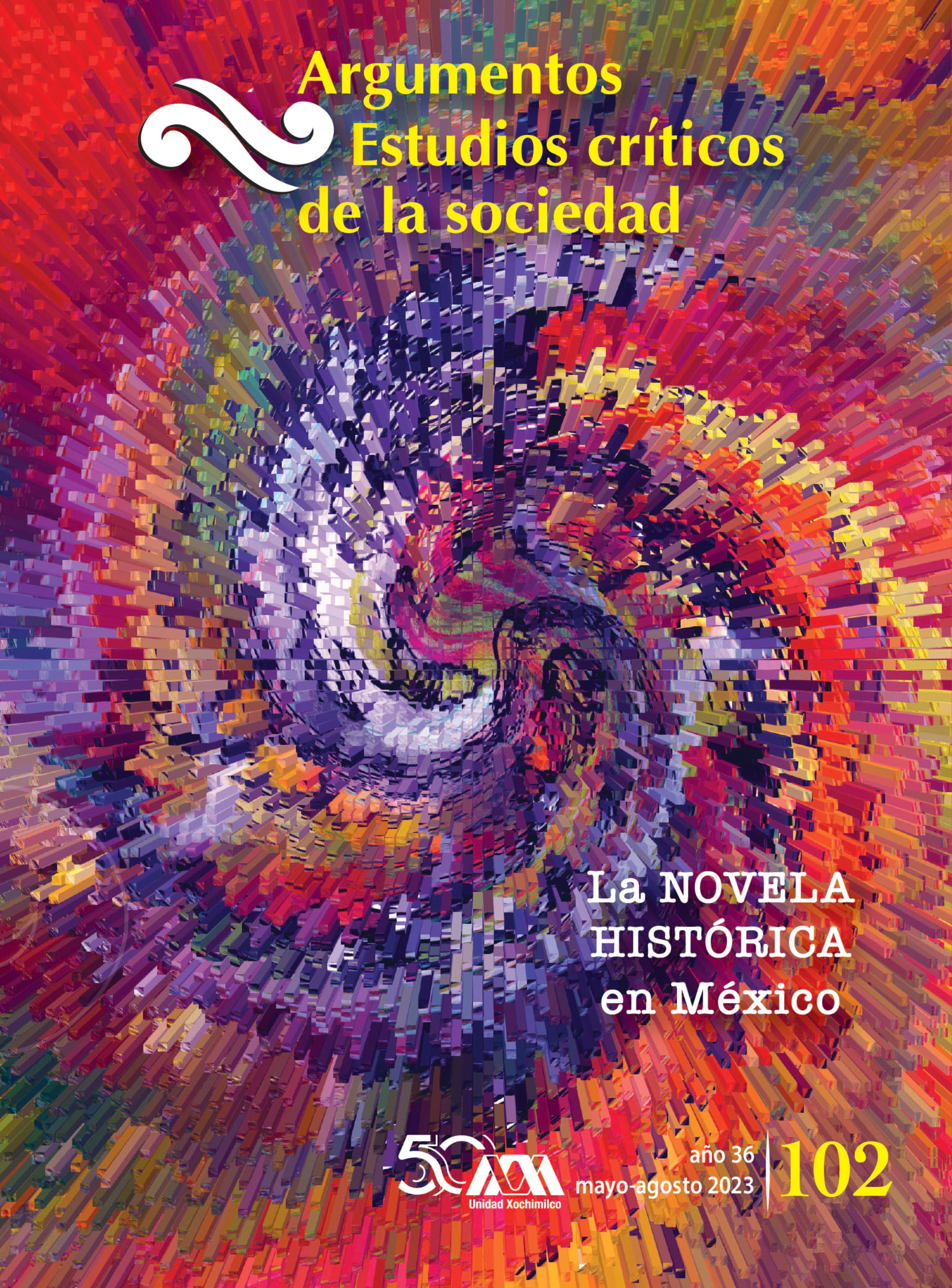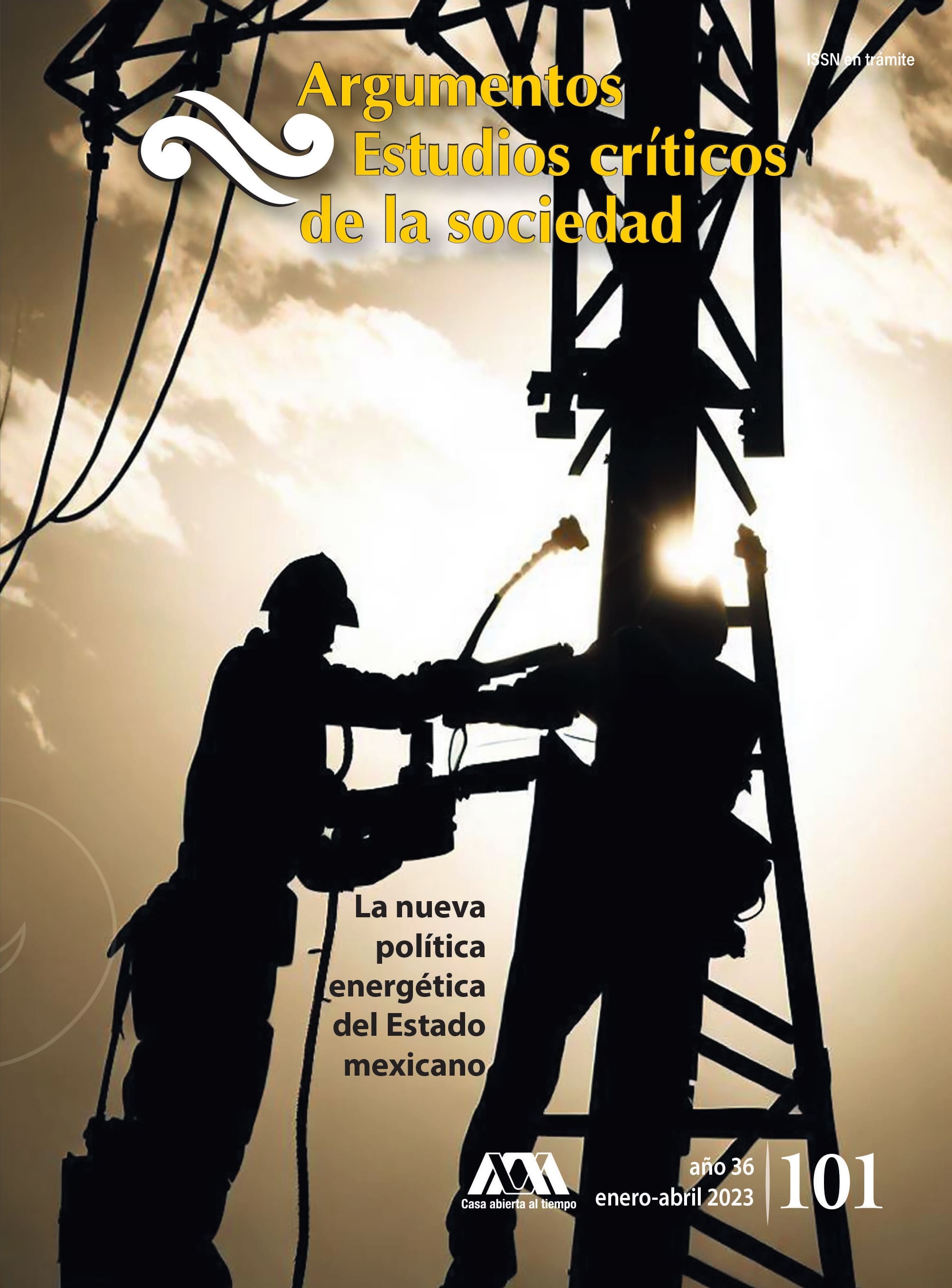Identidad y cooperación en los recursos de uso común
Keywords:
cooperation, identity, common-pool resources, agency, agent-based modelsAbstract
This paper seeks to represent how the identity helps explain cooperation under conditions of common-pool resources (Ostrom, 1990, 2005). Supported by theories of Akerlof (2010), Sen (2006) and Axelrod (2004) and Ostrom (2005) examines the implications and challenges that derive from incorporating multiple identities in an agent-based model (MBA). The identity proves to be a powerful explanatory factor to account for the emergence and evolution of interaction patterns change over time. To observe and reconstruct phenomena such as aggregation in colonies that are individually beneficial and environmentally sustainable. Identity as a force that unites and separates agents, finding solutions helps local and global benefits simultaneously affect individual, collective and environmental.
References
Ahn, T. K., E. Ostrom y J. Walker (2003), “Heterogeneous Preferences and Collective Action”, Public Choice, vol. 117, núm. 3–4, pp. 295–314.
Akerlof, G. A. y R. E. Kranton (2010), Identity Economics. How our Identities Shape Our Work, Wages, and Well-being, New Jersey, Princeton University Press.
—— (1970), The Market for “Lemons”: Quality Uncertainty and the Market Mechanism, The Quarterly Journal of Economics, vol. 84, núm. 3, pp. 488-500.
Aoki, M. (2001), Toward a Comparative Institutional Analysis, London, The MIT Press.
Axelrod, R. (2004), La Complejidad de la Cooperación. Modelos de Cooperación y Colaboración Basados en los Agentes, Buenos Aires, Argentina, FCE.
Binmore, K. (1994), Teoría de Juegos: Una Breve Introducción, Madrid, Mc Graw-Hill.
Camerer, C.; G. Loewenstein and D. Prelec. (2005), Neuroeconomics: How Neuroscience Can Inform Economic, Journal of Economic Literature, vol. 43, pp. 9-64.
Cardenas, J. C., J. K. Stranlund y C. E. Willis (2000), “Local Environmental Control and Institutional Crowding-Out”, World Development, vol. 28, núm. 10, 1719–1733.
Crawford, S. E. S., y E. Ostrom (1995), “A Grammar of Institutions.” Reimpresión en Polycentric Games and Institutions: Readings from the Workshop in Political Theory and Policy Analysis, American Political Science Review vol. 89, núm. 3, pp. 582–600.
Gazzaniga, M. S. (2010), ¿Qué Nos Hace Humanos? La Explicación Científica de Nuestra Singularidad Como Especie, Madrid, Paidós.
Gigerenzer, G., P. Todd y ABC Research Group (1999), Simple Heuristics that Make Us Smart, Oxford, Oxford UP.
Gigerenzer, G. y R. Selten (2001), “Rethinking Rationality” en Gerd Gigerenzer y Reinhart Selten (eds.), Bounded Rationality: The Adaptive Toolbox, Cambridge, MIT Press, pp. 1‐12.
Glimcher, P. W. (2009), Decisiones, Incertidumbre y el Cerebro. La ciencia de la neuroeconomía, México, FCE.
Fehr, E. y B. Rockenbach (2003), “Detrimental Effects of Sanctions on Human Altruism.” Nature, núm. 422, pp. 137–140.
Hardin, G. (1968), “The Tragedy of Commons”, Science, vol. 162, pp. 1243-1248.
Heller, M. A. (1998), “The Tragedy of the Anticommons: Property in the Transition from Marx to Markets”, Harvard Law Review vol. 111, núm. 3, pp. 622-688.
Hess, C. (2008), Mapping the New Commons. 12th Biennial Conference of the Intern-tional Association for the Study of the Commons: “Governing Shared Resources: Connecting Local Experience to Global Challenges”, Cheltenham, England, University of Gloucestershire.
Hess C. y E. Ostrom (2003), Ideas, Artifacts, and Facilities: Information as a Common‐Pool Resource, Law and Contemporary Problems, núm. 66, pp. 111‐146.
Hodgson, G. (2013), From Pleasure Machines to Moral Communities: An Evolutionary Economics without Homo Economicus, Chicago y London: The University of Chicago Press.
Huntington, S. P. (1996), El choque de Civilizaciones y la reconfiguración del orden mundial, Madrid, Paidós.
Kahneman, D. (2012), Pensar rápido, Pensar Despacio, España, Debate.
Lara, A. (2012), “Agente adaptable, aprendizaje y estructura del ambiente: Un enfoque alternativo”, Revista de Economía Institucional, vol. 14, núm. 26, primer semestre, pp. 95-120.
Lara, A. (2014) “Elinor Ostrom: Elección Racional y Complejidad” en Elinor Ostrom (2014) Comprendiendo la Diversidad Institucional, FCE – UAM, México.
Osorio, H. y A. Lara (2013), “La tragedia de los anticomunes en la construcción del conocimiento del genoma humano”, revista Argumentos, núm. 73, pp. 147-173.
Ostrom, E. (1998), “A Behavioral Approach to the Rational Choice Theory of Collective Action Presidential Address American Political Science Association, 1997”, American Po-litical Science Review, vol. 92 No.1 (March), pp. 1-22.
—— (2000), El Gobierno de los Bienes Comunes. La Evolución de las Instituciones de Acción Colectiva, México, FCE.
—— (2003), The Commons in the New Millennium: Challenges and Adaptations, edited with Nives Dolšak, Cambridge, MIT Press.
—— (2003a), “How types of goods and property rights jointly affect collective action”, Jour-nal of Theoretical Politics, 15(3), pp. 239-270.
—— (2005), Understanding Institutional Diversity, Princenton, New Jersey, Pricenton Unversity Press.
—— (2007), “A diagnostic approach for going beyond panaceas”, PNAS, National Academy of Sciences, September 25, (104) 39, pp. 15181–15187.
Ostrom, E. y C., Hess (2007), “Private and common property rights”. Indiana University, Bloomington: School of Public & Environmental Affairs Research Paper, (2008-11-01).
Ostrom, E., R. Gardner, y J. Walker (1994), Rules, Games, and Common-Pool Resources, Ann Arbor, University of Michigan Press.
Ostrom, E., M.A. Janssen and J.M. Anderies (2007) Going beyond Panaceas, Proceedings of the National Academy of Sciences USA 104: 15176‐15217.
Poteete, A. R., M. A. Janssen y E. Ostrom (2011), Working Together: Collective Action, the Commons, and Multiple Methods in Practice, Princeton, Princeton University Press.
Sen, A. (2006), Identity and Violence. The ilusion of destiny, NY, Norton.
—— (1977), “Rational Fools: A Critique of the Behavioral Foundations of Economic Theory”, Philosophy & Public Affairs, vol. 6, núm. 4, pp. 317-344.
Simon, H. A. (1973), Las Ciencias de lo Artificial, Barcelona, Gráficas Víctor.
Smith, V. (1982), “Microeconomic Systems as an Experimental Science”, American Economical Review, vol. 72, pp. 923-955.
—— (2008), Racionality in Economics: Constructivist and Ecological Forms, Cambridge, Cambridge University Press.
Tversky, A. y D. Kahneman (1987), Rational Choice and the Framing of Decisions, en Hogarth, R. M. y Reder, M. W. (Eds.), Rational choice: The contrast between economics and psychology, pp. 67‐94, Chicago: University of Chicago Press.
Varian, H. R. (1999), Microeconomía Intermedia: Un Enfoque Actual (5ta. ed.), Barcelona, Antoni Bosch.
Walker, J. M. y E. Ostrom (2003), Trust and Reciprocity: Interdisciplinary Lessons from Experi-mental Research, New York, Russell Sage Foundation, The Russell Sage Foundation Series on Trust, vol. VI.








